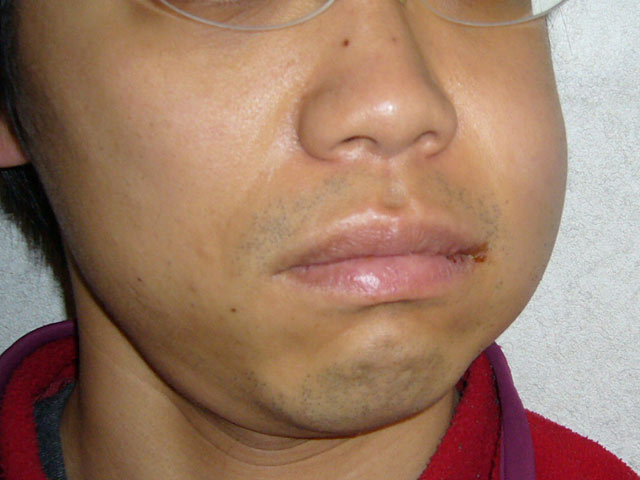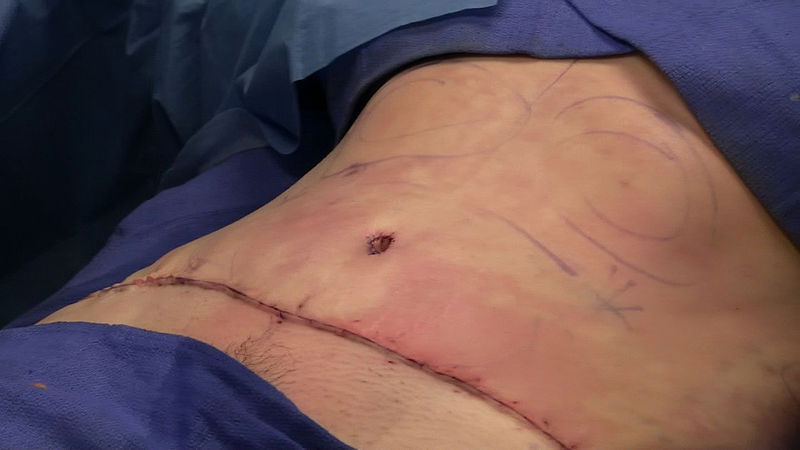Can wisdom teeth cause skin problems? This article will explore the relationship between wisdom teeth and skin problems, explaining each aspect to ensure clarity for anyone interested in the subject, regardless of prior knowledge.

Table of Contents
Understanding Wisdom Teeth
Wisdom teeth, also known as third molars, are the last set of molars that typically appear between the ages of 17 and 25. Their purpose was to assist our ancestors in grinding down hard foods, but today, they are often not needed and may become impacted or misaligned. Impacted wisdom teeth can lead to various complications, although a direct connection to skin problems is rare. Mayo Clinic explains more about wisdom teeth here.
Can Wisdom Teeth Cause Skin Problems? The Connection Explained
The question of whether wisdom teeth can cause skin problems requires a nuanced understanding of both wisdom teeth and the skin’s physiology. While there is no direct causal link between wisdom teeth and skin problems, complications arising from impacted or infected wisdom teeth can indirectly lead to symptoms affecting the skin. Let’s explore the connections step by step:
Impacted Wisdom Teeth
Impacted wisdom teeth occur when the teeth are unable to emerge fully through the gum. This can cause discomfort and sometimes lead to infections, known as pericoronitis. The infection can spread to the surrounding tissues, leading to facial swelling, which is one of the ways wisdom teeth can indirectly affect the skin.
Infections and Skin Problems
Infections related to impacted or unhealthy wisdom teeth might spread to other parts of the body, including the skin. When this occurs, skin problems such as rashes or abscesses may develop. In severe cases, the infection might enter the bloodstream, leading to sepsis, which could cause widespread skin issues and other serious complications.
Fever and Skin Flushing
If an infection from an impacted or infected wisdom tooth becomes severe, it can cause a fever. Fever often leads to skin flushing, making the skin appear red and feel warm to the touch. While this isn’t a skin problem in itself, it is a visible skin symptom related to the underlying infection of the wisdom tooth.
Stress-Related Skin Issues
Chronic pain or discomfort from impacted or infected wisdom teeth may lead to stress. Stress can trigger or exacerbate existing skin conditions like acne or eczema. It’s important to note that while wisdom teeth might indirectly cause stress, they are not directly responsible for the skin conditions.
In conclusion, the connection between wisdom teeth and skin problems isn’t straightforward, and wisdom teeth themselves are not a direct cause of skin issues. Rather, complications such as infections and the resulting symptoms might indirectly affect the skin. Regular dental care and consultation with dental professionals can prevent and manage these potential issues, ensuring oral health and minimizing any related skin concerns.
Check out these other related articles…
How to Care for Your Skin After Extractions in 4 Easy Steps
Inflamed Skin After Extractions: Comprehensive Guide
Skin Peeling After Extractions: Causes & 3 Proven Solutions
Skin Purging After Extractions: A Comprehensive 411 Guide
Red Skin After Extractions: Essential Tips & Solutions
Yellow Skin After Wisdom Teeth Surgery: 2 Causes & Solutions
Symptoms of Wisdom Teeth Issues
When wisdom teeth become impacted or infected, symptoms can include pain, swelling, difficulty opening the mouth, bad breath, and a bad taste when biting down. These symptoms might indirectly affect your skin by causing facial swelling or triggering stress-related skin issues. Early detection and intervention can prevent these secondary effects.
Treatment Options for Wisdom Teeth Issues
If wisdom teeth are causing discomfort or have led to infections, there are several treatment options, ranging from medication to surgical removal. Antibiotics can treat infections, while a dental professional might recommend removing the affected wisdom teeth to prevent future problems. Regular dental check-ups can monitor the condition of wisdom teeth to preempt any complications. The National Library of Medicine explains the available treatments.
Prevention and Maintenance
Good oral hygiene practices, including regular brushing, flossing, and dental check-ups, are vital in preventing wisdom teeth-related problems that might indirectly affect your skin. Being aware of potential symptoms and seeking professional dental care if they occur will help maintain both dental health and overall wellbeing.


